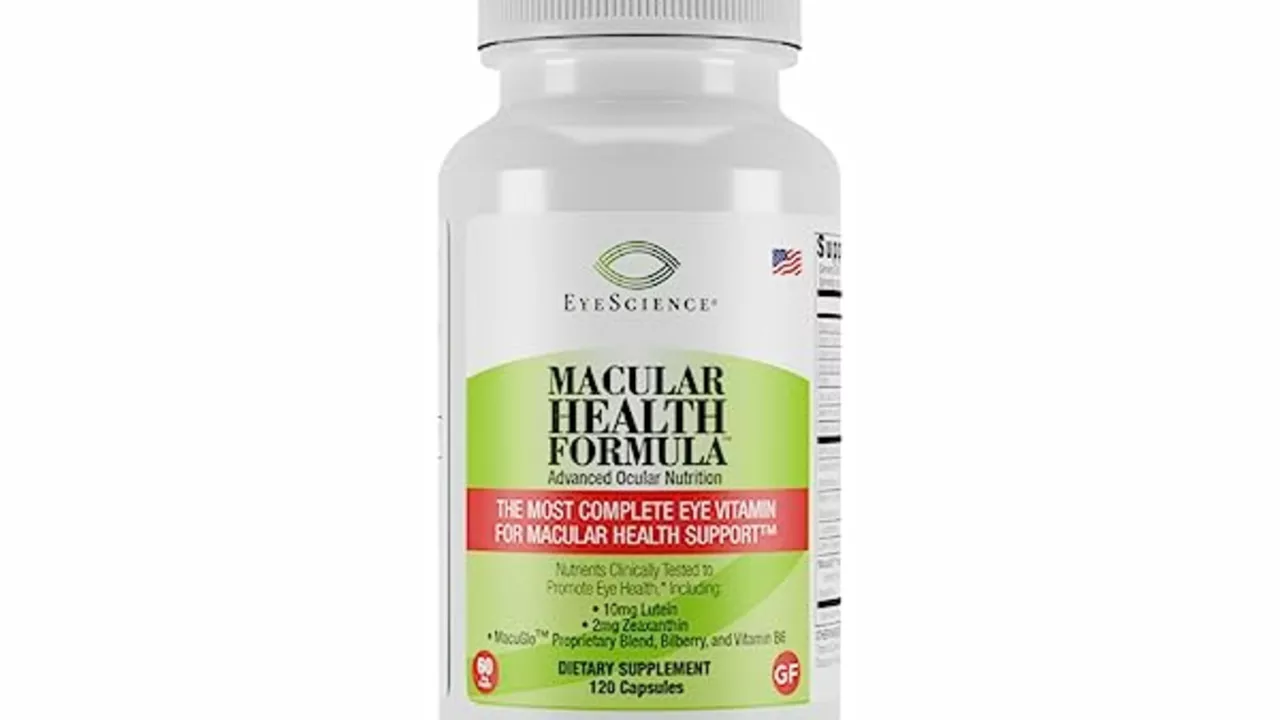All-Natural Dietary Supplement: How to Choose, Use, and Buy Safely
Want an all-natural dietary supplement that actually fits your needs? The smart move is to start with one question: what gap are you trying to close—sleep, mood, digestion, or a nutrient low on your latest blood test? Pick the goal first, then pick the product. Avoid buying by packaging or hype.
Read the label like you mean it. The active ingredient, its amount per serving, and the form matter. For example, vitamin D should say D3 (cholecalciferol) and iron should list ferrous sulfate or ferrous gluconate. Steer clear of vague “proprietary blends” that hide dosages. Look for clear serving sizes, number of servings, and the % daily value when available.
Key Ingredients to Consider
Some natural supplements are worth knowing about because they’re common and generally well-studied. Omega-3 (look for EPA/DHA) supports general heart and brain health. Vitamin D3 is often low, especially in winter—many people need supplementation. Magnesium helps with sleep and muscle cramps for some users; check the form (glycinate is gentler on the stomach). Probiotics list strains and CFU counts—choose one that names strains like Lactobacillus rhamnosus or Bifidobacterium longum rather than a mystery mix. Curcumin (from turmeric) needs a bioavailability boost like piperine to be effective. If you consider adaptogens (ashwagandha, rhodiola), note they can affect stress response and may interact with medications.
Herbal powders and seaweed-based supplements can carry contaminants like heavy metals. For those, insist on third-party testing for purity and absence of contaminants.
How to Buy and Use Without Regret
Buy from places that show certificates. Trusted seals include USP, NSF, or ConsumerLab. These groups test what's on the label and screen for contaminants. If the seller won’t show a recent certificate, don’t buy. Check batch numbers and expiry dates. Prefer smaller companies that publish lab results for each batch.
Start with the lowest recommended dose and watch for side effects for two weeks. Keep a short log: dose, time taken, and any changes in sleep, digestion, mood, or skin. If you take prescription meds—especially blood thinners, antidepressants, or thyroid medicine—talk to your clinician before adding natural supplements. Pregnant or breastfeeding? Ask a provider; not all “natural” ingredients are safe in pregnancy.
Store supplements in a cool, dry place away from sunlight. Toss anything past its expiration or that smells off. Finally, be skeptical of miracle claims and flashy endorsements. Natural doesn’t always mean safe or effective, but with the right checklist—clear label, third-party testing, known ingredient forms, and a plan—you can add supplements that actually help without unnecessary risk.

